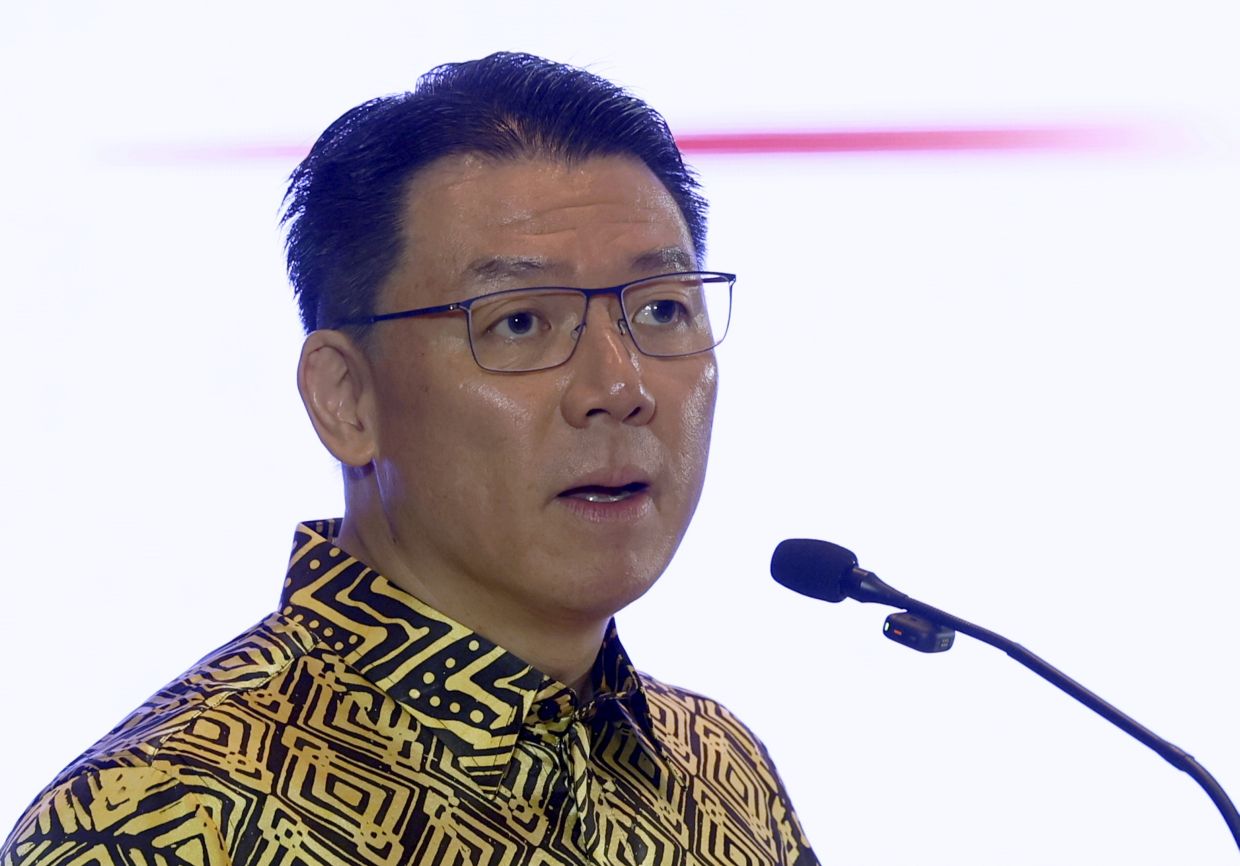
PUTRAJAYA: The Housing and Local Government Ministry is expected to table the Real Property Development Bill in June 2026, says its minister, Nga Kor Ming.
Nga said the Bill is a comprehensive replacement of the Housing Development (Control and Licensing) Act 1966 (Act 118), to establish a more modern, responsive regulatory framework that protects homebuyers.
“This new Bill has two main objectives: first, to expand the existing regulatory scope so it is no longer limited to residential developments, but also covers commercial projects.
“Second, it aims to update legal provisions according to current needs, taking into account market demands and land types.
“We want a more modern, flexible legislative framework capable of accommodating changes in the industry,” he said during the Madani Housing Reform event on Thursday (Nov 20), which was also attended by National Housing Department director-general Datuk N Jayaselan.
The Real Property Development Bill is one of five reforms that will be implemented by the Ministry by 2026.
The others are the electronic Sales and Purchase Agreement (eSPA), Housing Integrated Management System (HIMS), Transforming and Empowering Data Usage in Housing (TEDUH) and audits for Housing Development Accounts.
Key proposals being considered under the Bill include increasing and standardising penalties for serious and repeat offences, enhancing buyer protection regarding payment collection, quality standards and maintenance obligations, and establishing clearer technical audit, as well as investigation powers to detect troubled projects earlier.
“Through the Real Property Development Bill, the government will ensure every housing project in Malaysia operates within a more organised, transparent and resilient development ecosystem, aligned with the Malaysia Madani aspiration and structural reform of the nation’s housing sector,” said Nga.
For instance, he said, the eSPA will provide homebuyers with benefits such as digital signing from any location, secure digital identity verification (eKYC) and automatic integration with the Inland Revenue Board’s eStamping system for a faster, more secure and tamper-proof process.
“This is a major achievement. It will not only reduce time and save costs but also simplify the entire process. When someone signs the eSPA, payment is made immediately, and the government receives the revenue directly.
“We anticipate that if everything proceeds smoothly, next year’s eSPA implementation could increase government revenue by up to RM8 billion,” he added. – Bernama

